#moon of the crusted snow
Text
This year some of my favourite books I read were written by indigenous American authors and I just wanted to shout out a couple that I fell in love with
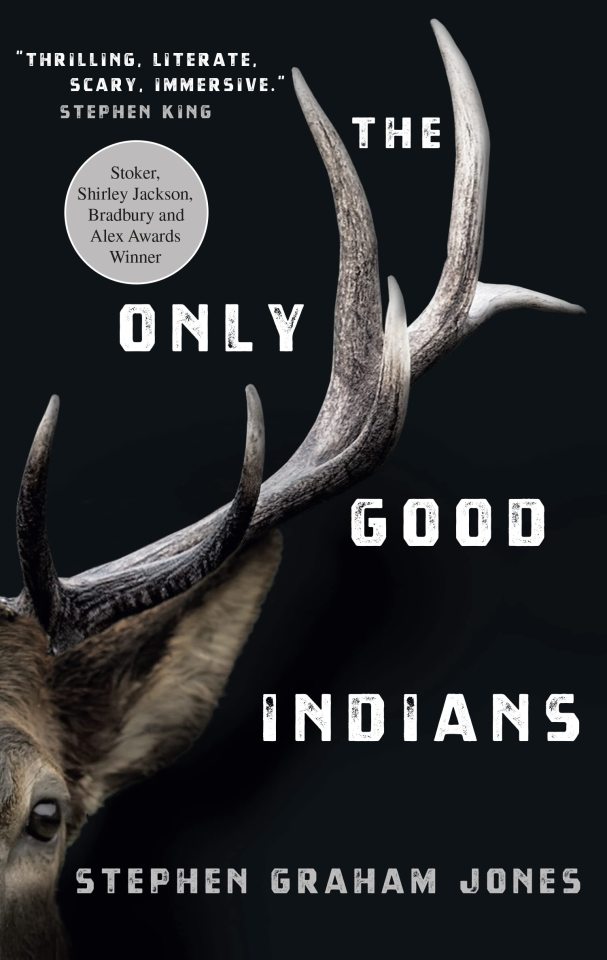
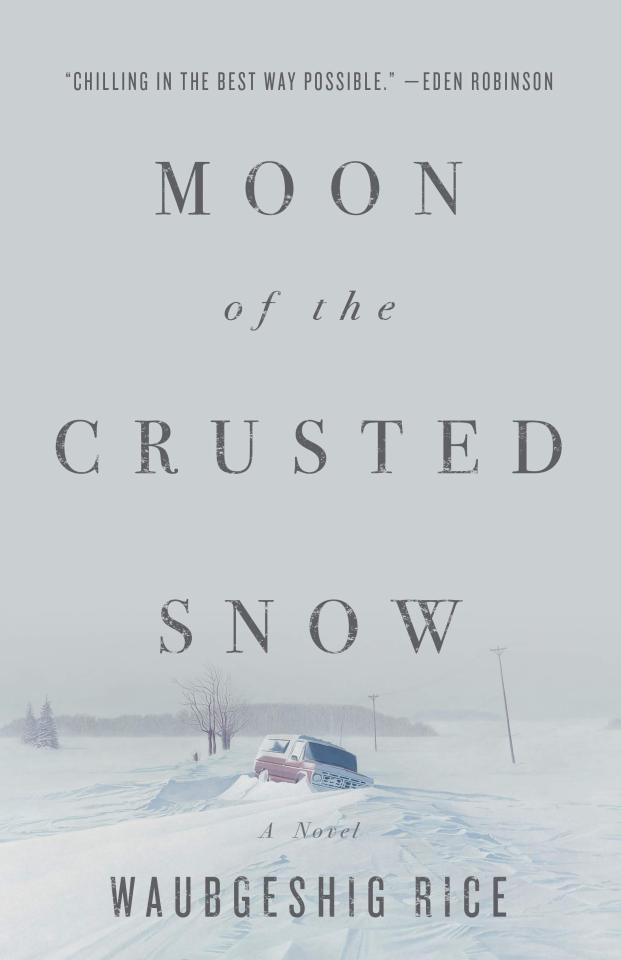

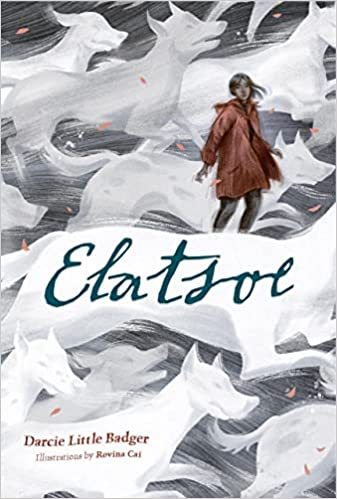
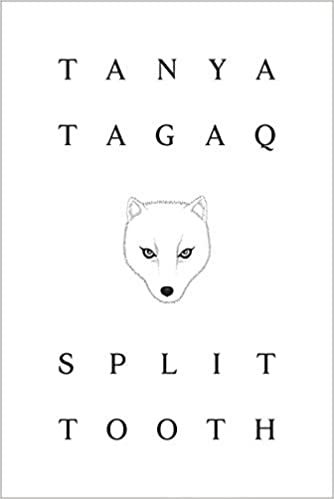
The Only Good Indians by Stephen Graham Jones
Horror being my second most read genre, I did not think books could still get under my skin the way this one did lol. It follows four Blackfoot men who are seemingly being hunted by a vengeful... something... years after a fateful hunting trip that happened just before they went their separate ways. The horror, the dread, the something... pure nightmare fuel 10/10
Moon of the Crusted Snow by Waubgeshig Rice
An apocalyptic novel following an isolated Anishinaabe community in the far north who lose contact with the outside world. When two of their young men return from their college with dire news, they set about planning on how to survive the winter, but when outsiders follow, lines are drawn in the community that might doom them all. This book is all dread all the time, the use of dreams and the inevitability of conflict weighs heavy til the very end. An excellent apocalypse story if you're into that kind of thing.
My Heart is a Chainsaw by Stephen Graham Jones
This book follows Jade, a deeply troubled mixed race teenager with a shitty homelife who's *obsessed* with slasher movies. When she finds evidence that there's a killer running about her soon-to-be gentrified small town, she weaponises that knowledge to predict what's going to happen next. I don't think this book will work for most people, it's a little stream of consciousness, Jade's head is frequently a very difficult place to be in, but by the last page I had so much love for her as a character and the emotional rollercoaster she's on that I had to mention it here.
Elatsoe by Darcie Little Badger
Taking a bit of a left turn but this charming YA murder mystery really stuck with me this year. Elatsoe is a teenage girl living in an America where myths, monsters, and magic are all real every day occurrences. When her cousin dies mysteriously with no witnesses, she decides to do whatever she can, including using her ability to raise the spirits of dead animals, to solve the case. The worldbuilding was just really fun in this one, but the Native American myths and influence were the shining star for me, and the asexual rep was refreshing to see in a YA book too tbh
Split Tooth by Tanya Tagaq
The audiobook, the audiobook, the audiobook!!!! Also the physical book because formatting and illustrations, but the audiobook!!! Tanya Tagaq is an Inuit throat singer, and this novel is a genre blending of 20 years worth of the authors journal entries, poetry, and short stories, that culminates in a truly unique story about a young girl surviving her teenage years in a small tundra town in the 70s. It is sad and beautiful and hard but an experience like nothing else I read this year.
#the only good indians#my heart is a chainsaw#stephen graham jones#moon of the crusted snow#waubgeshig rice#elatsoe#darcie little badger#split tooth#tanya tagaq#indigenous authors#2022 reads#book recs#books#booklr
6K notes
·
View notes
Text

#moon of the crusted snow#waubgeshig rice#post apocalyptic#thriller#book poll#have you read this book poll#polls
33 notes
·
View notes
Text
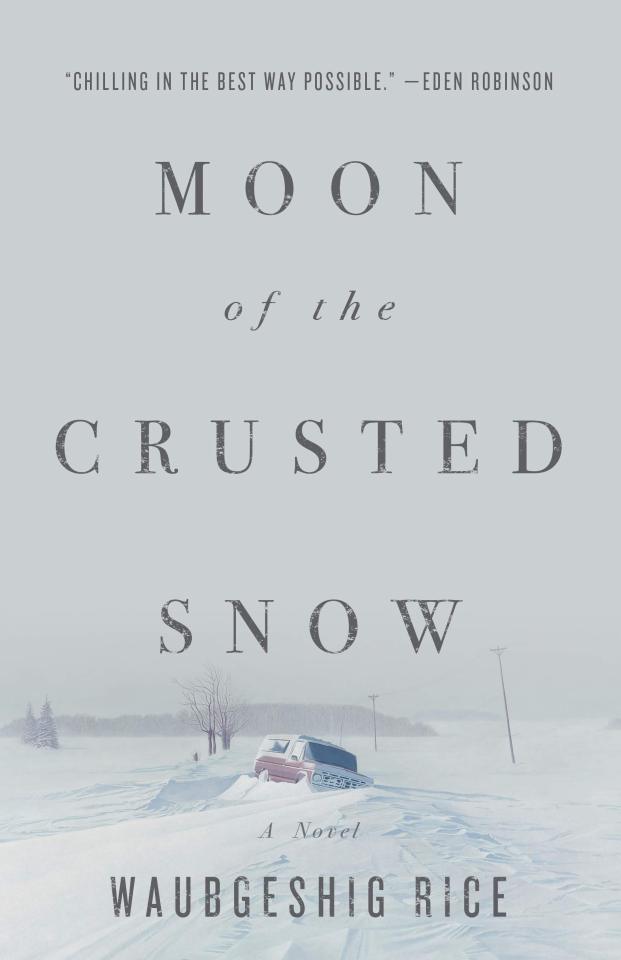
Title: Moon of the Crusted Snow | Author: Waubgeshig Rice | Publisher: ECW Press (2018)
5 notes
·
View notes
Text


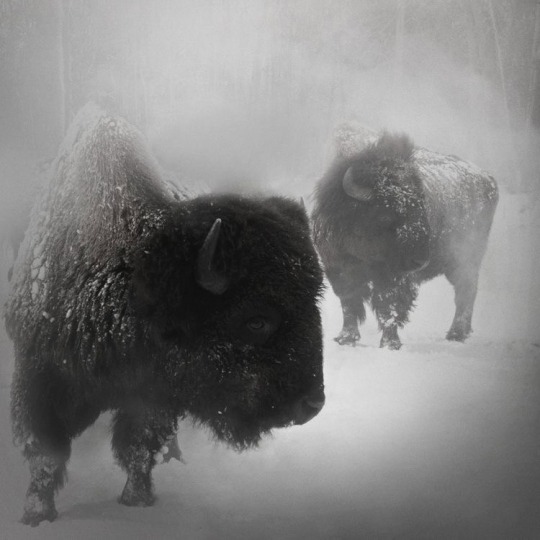
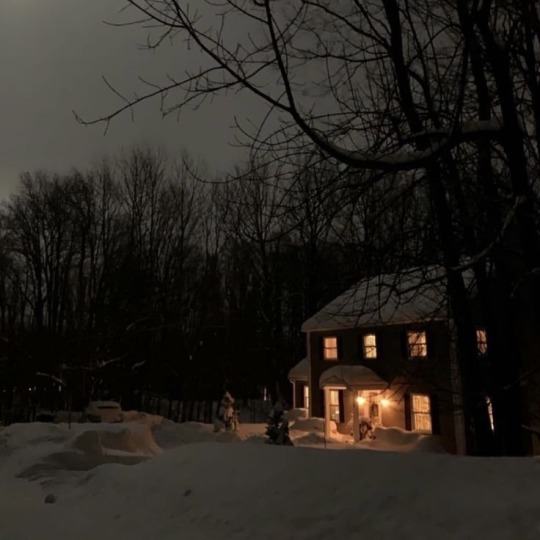


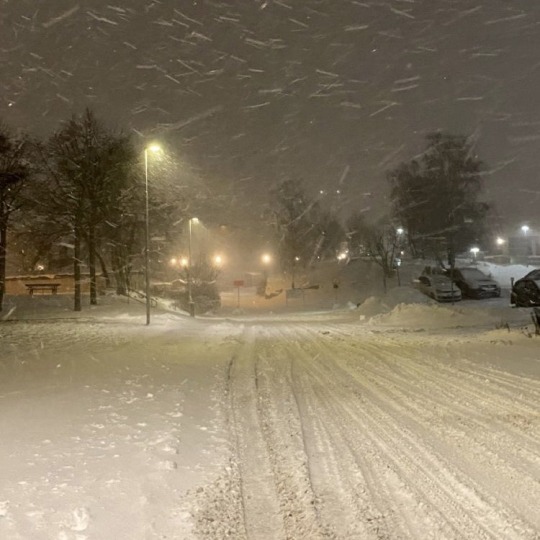

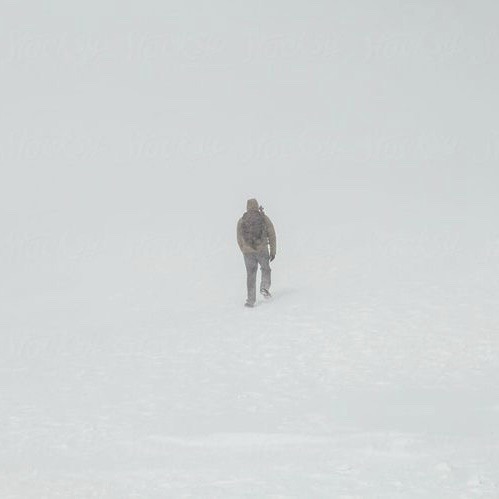
Books Read in 2023 - Moon of the Crusted Snow by Waubgeshig Rice
5/5 ⭐️
9 notes
·
View notes
Quote
Yes, apocalypse. We’ve had that over and over. But we always survived. We’re still here. And we’ll still be here, even if the power and the radios don’t come back on and we never see any white people ever again.
Waubgeshig Rice, Moon of the Crusted Snow
13 notes
·
View notes
Text

#Read for class#It’s pretty good#scott sucks#notdf#moon Of the crusted snow#Meme#mr incredible#book#book meme
8 notes
·
View notes
Text
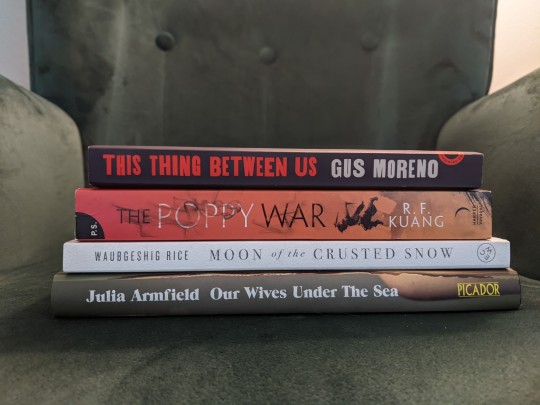
August reading review! I am struggling to balance reading and writing in between working So Much Overtime.
Our Wives Under the Sea: 4/5. A haunting story of losing love and finding something Very Wrong. I think this book might have a specific audience and it might be me. The writing style was absolutely beautiful and just pulled me in.
The Poppy War: 3.5/5. I enjoyed this a lot but I wasn't obsessed with it. It was fascinating to watch Rin struggle as she did things she knew was wrong. I do plan on reading the sequel to see what choices Rin will make going forward.
Moon of the Crusted Snow: 4/5. This is a wonderful reflection of what has been and what could be and what could have been in regards to the Anishinaabe community. You can really feel the author's love for his culture in this story. The prose is bare bones, but I think it's fitting for a story about a post-apocalyptic winter.
This Thing Between Us: 5/5 my god I loved this book. I've never gotten so many goosebumps while reading something. The atmosphere was incredible and the main character's intense grief came across the page and stabbed me right in the heart. This story is complex and so, so haunting.
#book reviews#self post#bookblr#monthly book review#book blog#not writing#our wives under the sea#the poppy war#moon of the crusted snow#this thing between us
4 notes
·
View notes
Text


Latest editions to my Top Shelf: Books I've Read and Loved list on Bookshop! Starting 2024 out with some really great books!
1 note
·
View note
Text



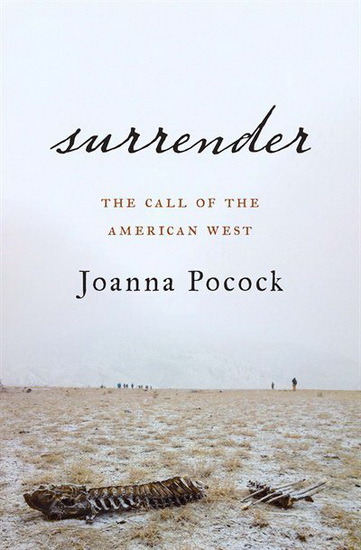
Books Read November 2023
I read very few books but all of them Canadiana!
Moon of the Crusted Snow by Waubgeshig Rice
Found this very mediocre. It's a post apocalyptic survival tale set in a Northern Indigenous community. The writing was aggressively simple, there was no flow and the villain was such an obvious bad guy I was praying their would be a twist where he was good. How was/is this a best seller?
Valide by Chris Bergeron
I LOVED THIS SO MUCH. Unfortunately I picked up the English ARC before I realized this was originally written in French. It's a semi-autobiographical dialogue between a woman assigned male at birth and the machine programmed to observe her and take over her memories. It's so good. Probably one of my fave books of the year.
The Marigold by Andrew F. Sullivan
So after having a bad run with Canadian best sellers I was scared to pick this one up. Surprise, surprise it's actually good! Set in a near futuristic Toronto that is slowly being taken over by developers and a toxic mold called The Wet, this is a creepy wonderful depressive ride. Loved it.
Surrender by Joanna Pocock
I usually don't like non-fiction that much but I enjoyed this one which is a mix of travelogue/reportage/memoir. This is technically Canadiana but is set mostly in and around Missoula where Pocock lived for two years during a mid-life crisis. It's a lot about humans, ecology and how we deal with the ongoing climate crisis. It's bumpy and imperfect and ends on kind of a weird note but overall I enjoyed Pocock's thought and musings.
#Currently reading#Moon of the Crusted Snow#Waubgeshig Rice#Valid#Chris Bergeron#The Marigold#Andrew F. Sullivan#Surrender#Joanna Pocock
0 notes
Text
Moon of the Crusted Snow, by Waubgeshig Rice

⭐⭐⭐⭐ 1/2
An Anishinaabe community is preparing for the long winter ahead when they abruptly find themselves cut off from the power grid, the phone network, and from every other element of society outside their reservation. The residents are better prepared than most, but resources are still finite, and when winter arrives in earnest it brings with it more than just snow.
I liked this a lot, as the change in perspective led to a different take on the post-apocalyptic genre. After all, as mentioned in the book, what's one more apocalypse to a people who have already weathered multiple? In addition, we're used to following such narratives from the perspective of the wanderer, rather than from the village the wanderer happens to wander into. I will say it takes a while to build tension, but by the time things really start going I was flipping pages, desperate to find out what happens next. I was reminded of Stephen King's social horror, where he introduces you to a small, self-contained community and then crumbles it before your eyes.
If you can go into the story without having the "monster" spoiled for you, I recommend it. See if you can figure it out yourself(there is enough information, but you have to have some background knowledge to recognize the clues), and if not you can read the acknowledgements at the back for a keyword to google. I actually liked that it wasn't completely spelled out in the text, because that allows two interpretations of the plot. I first enjoyed a plot taken literally, then did a bit of homework reading and got a bonus plot for my consideration.
My only real complaint is that some loose ends weren't tied up. A few characters just kind of disappeared near the end, with their fates unspecified after the climactic scene. For a book where the tension centered so much about the fate of the community, it's a glaring omission when the narrative seems to forget about members of said community. We also never get an answer as to what cut the community off in the first place. I was personally okay with that one, but I can see it being a dealbreaker for some people. There is a sequel coming out this fall, Moon of the Turning Leaves, which might hold some answers.
1 note
·
View note
Text
Review: Moon of the Crusted Snow
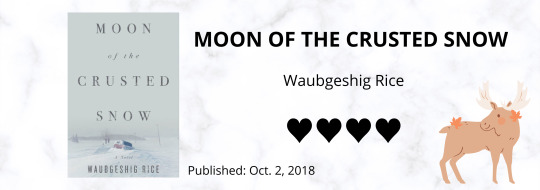
Synopsis:
With winter looming, a small northern Anishinaabe community goes dark. Cut off, people become passive and confused. Panic builds as the food supply dwindles. While the band council and a pocket of community members struggle to maintain order, an unexpected visitor arrives, escaping the crumbling society to the south. Soon after, others follow.
The community leadership loses its grip on power as the visitors manipulate the tired and hungry to take control of the reserve. Tensions rise and, as the months pass, so does the death toll due to sickness and despair. Frustrated by the building chaos, a group of young friends and their families turn to the land and Anishinaabe tradition in hopes of helping their community thrive again. Guided through the chaos by an unlikely leader named Evan Whitesky, they endeavor to restore order while grappling with a grave decision.
Blending action and allegory, Moon of the Crusted Snow upends our expectations. Out of catastrophe comes resilience. And as one society collapses, another is reborn.
Plot:
Evan has lived in his Anishinaabe community his entire life, and never wants to leave. As a public works worker, his job includes blowing the community roads during the winter, and fixing them in the summer, and working with the community for anything they need. With winter approaching, Evan is using his allotted hunting days to hunt meat for his family so that they can survive throughout the winter. His family included his fiance Nicole, their two children, his parents, his older sister, the town’s elder and Evan’s role model Aileen, and maybe his little brother Cam, as Cam would rather play video games all day than take care of himself. Coming home with a moose, Nicole informs him that the TV signal is out, and in the morning cell phones had also lost reception. This is common, as the community has only been recently hooked up to the hydro grid that allowed things like satellite TV and cell phones to become a thing for this northern community. It was too soon that the power went out. With the connection to the hydro grid dead, the diesel generators in the community center only had enough to get them through February, and that was if everyone conserved power. With trouble brewing, it was not until two young members came back from a town in the south, where things were not looking bright. When a foreigner Scott shows up to the village, seeking refuge and something else, Evan puts his family and community first in these troubled times, hoping to make it out alive, as the death toll from this impossible winter keeps climbing, and hunger sets in on the community.
Thoughts:
Waubgeshig Rice tells this wild and compelling story on what it takes to survive the north when the power is shut down. Told mainly from the perspective of Evan, but Nicole and Scott each get a chapter or two, you can really see this family man trying to keep his community alive during their hardship. Rice makes this story ominous and haunting with its slow plot that allows you to really sit with the characters, and feel every emotion this community goes through as their entire world changes. Evan as a character does not have much depth to him besides his urge to survive and provide for his family and friends, however, it is a fun character to follow around as he was in on all the actions happening to the community, and had the most amount of interaction with Scott. Rice’s writing was clean and to the point, as where the beginning part of the story was quite slow, Rice quickly picked up the plot and did not let go until the epilogue chapter. This story has a large Indigenous element to it, as the entire story took place on an Indigenous reservation in Northern Ontario (Canada), the community members were all Indigenous, besides Scott and the others he brought with him. This Indigenous element was seen in every action Evan makes throughout the story, why the community allowed foreigners in their time of need, and the language throughout the story. The spoken language is Ojibwe, and where Evan did not know much, he frequently spoke in Ojibwe as a form of greeting, describing an animal, and named his children Ojibwe names. Rice briefly mentions a topic on how alcohol was banned on the reservation, the reason why Indigenous peoples drink, and the guilt associated with alcohol that Evan feels. Rice described the pains of Residential School through its survivor Aileen, and how grateful she is to speak her language and practice her ways without punishment. You can feel the pride Evan has for his community and their belief value throughout the story, and why he hated Scott, not because he was white, but because he did not share the same values Evan did. Even though the story is not long in terms of length, Rice truly makes this a deep story by giving us a cast of characters, and a lot to think about in terms of our own chances of survival.
Read more reviews: Goodreads
Buy the book: Amazon
1 note
·
View note
Text
Currently listening to moon of the crusted snow and it is so good. Hopefully I can finish it within the next few days
#moon of the crusted snow#morning shifts means like an hour and a half where i can listen to books while working#which is so convenient and truly makes it so much easier
1 note
·
View note
Text
there should be more snow based apocalypse books
#i love snow based apocalypse books....#sorry i should share with the class: currently reading moon of the crusted snow
7 notes
·
View notes
Text
guy who's been listening to nothing but pafl songs, reading a book: getting some real pafl vibes from this
#ramblings#help im reading moon of the crusted snow for class and my mind is just blasting Strike 3 on loop#it is extremely paflcore though im right
4 notes
·
View notes
Text
Title: Moon of the Crusted Snow
Author: Waubgeshig Rice
Publication Date: October 2018
Publisher: ECW Press
Genre: fiction, dystopian
This was a chilling book in two ways that I thought was balanced relatively well. Rice sets up a bleak world in the dead of winter that is incredibly atmospheric. The collapse into a post-apocalyptic world is a subtle one that slowly unfolds, creating a unique kind of suspense. Somewhat relatedly, Rice also has the reader think about the violence that Indigenous peoples have faced, especially the devastating impact of settler colonialism. And, for Indigenous peoples, they have been living in a post-apocalyptic world for centuries. I’m struck by this particular quote that captures such sorrows yet expresses resilience:
“Yes, apocalypse. We’ve had that over and over. But we always survived. We’re still here. And we’ll still be here, even if the power and the radios don’t come back on and we never see any white people ever again.”
Rice quietly yet boldly challenges the dystopian genre with an Indigenous perspective that will have the reader reconsider the definition of “post-apocalypse.”
Content Warning: death, suicide mentions, cannibalism (non-descriptive), gun violence, alcoholism (minor), blood
5 notes
·
View notes
Text
Books Read in 2022
January
The Red-Haired Girl from the Bog: The Landscape of Celtic Myth and Spirit by Patricia Monaghan
The Unpassing by Chia-Chia Lin
North and South by Elizabeth Gaskell
The Hakawati by Rabih Alameddine
February
The Final Girl Support Group by Grady Hendrix
The Beauty and the Terror: The Italian Renaissance and the Rise of the West by Catherine Fletcher
The Desolations of Devil’s Acre (Miss Peregrine’s Peculiar Children #6) by Ransom Riggs
Eifelhelm by Michael Flynn
The Time Traveler’s Guide to Elizabethan England by Ian Mortimer
March
The Wives of Henry VIII by Antonia Fraser
The Salt Path by Raynor Winn
The Watchmaker of Filigree Street by Natasha Pulley (reread)
The Lost Future of Pepperharrow by Natasha Pulley
April
The Parted Earth by Anjani Enjeti
Homeland Elegies by Ayad Akhtar
Once There Were Wolves by Charlotte McConaghy
The Last Blue by Isla Morley
Lone Stars by Justin Deabler
All the Young Men: A Memoir of Love, AIDS, and Chosen Family in the American South by Ruth Coker Burns
I Know Why the Caged Bird Sings by Maya Angelou
May
The Vanishing Half by Brit Bennett
If Beale Street Could Talk by James Baldwin
Klara and the Sun by Kazuo Ishiguro
Station Eleven by Emily St. John Mandel (reread)
As Long as Grass Grows: The Indigenous Fight for Environmental Justice, from Colonization to Standing Rock by Dina Gilio-Whitaker
LaRose by Louise Erdrich
A History of Native American Land Rights in Upstate New York by Cindy Amrhein
June
Four Treasures of the Sky by Jenny Tinghui Zhang
Member of the Family: My Story of Charles Manson, Life Inside His Cult, and the Darkness That Ended the Sixties by Dianne Lake and Deborah Herman
These Silent Woods by Kimi Cunningham Grant
Darkwater: Voices from Within the Veil by W.E.B. Dubois
Take My Hand by Dolen Perkins-Valdez
A Marvelous Light by Freya Marske
Catch and Kill: Lies, Spies, and a Conspiracy to Protect Predators by Ronan Farrow
July
No Exit by Taylor Adams
The Wanderers by Meg Howrey
A Tall History of Sugar by Curdella Forbes
Peach Blossom Spring by Melissa Fu
Calypso by David Sedaris
My Antonia by Willa Cather
The First English Actresses: Women and Drama 1660-1700 by Elizabeth Howe
English Animals by Laura Kaye
Their Eyes Were Watching God by Zora Neale Hurston
August
An American Marriage by Tayari Jones
The Sea Around Us by Rachel Carson
Exhalation: Stories by Ted Chiang
The Ice Cream Queen of Orchard Street by Susan Jane Gilman (reread)
The Latecomers by Helen Klein Ross
Unlikely Animals by Annie Hartnett
The Book of Longings by Sue Monk Kidd
September
The Island of Missing Trees by Elif Shafak
The Invention of Wings by Sue Monk Kidd
Country Roots: The Origins of Country Music by Douglas B. Green
Drive Your Plow Over the Bones of the Dead by Olga Tokarczuk
Golden Gates: The Housing Crisis and a Reckoning for the American Dream by Conor Dougherty
Sexing the Cherry by Jeanette Winterson (reread)
J.M. Barrie and the Lost Boys: The Real Story Behind Peter Pan by Andrew Birkin
The Lost Ones by Anita Frank
October
A History of Wild Places by Shea Ernshaw
When No One is Watching by Alyssa Cole
The Corn Maiden and Other Nightmares by Joyce Carol Oates
The Reddening by Adam Nevill
My Heart is a Chainsaw by Stephen Graham Jones
November
It Happened in the Smokies... A Mountaineer’s Memories of Happenings in the Smoky Mountains in Pre-Park Days by Gladys Trentham Russell
Pastoral Song: A Farmer’s Journey by James Rebanks
Jesus Land by Julia Scheeres
I Was Told There’d be Cake: Essays by Sloane Crosley
The Postmistress by Sarah Blake
The Thousand Crimes of Ming Tsu by Tom Lin
December
Floating Coast: An Environmental History of the Bering Strait by Bathsheba Demuth
Disappearing Earth by Julia Phillips
Four Lost Cities: A Secret History of the Urban Age by Annalee Newitz
The Bloody Chamber and Other Stories by Angela Carter (reread)
The Tenant of Wildfell Hall by Anne Bronte (reread)
Mrs. Death Misses Death by Salena Godden
Moon of the Crusted Snow by Waubgeshig Rice
#books in 2022#books#booklr#reading list#just finished moon of the crusted snow#i haven't even thought about which were my favorite books that i read this year yet
6 notes
·
View notes